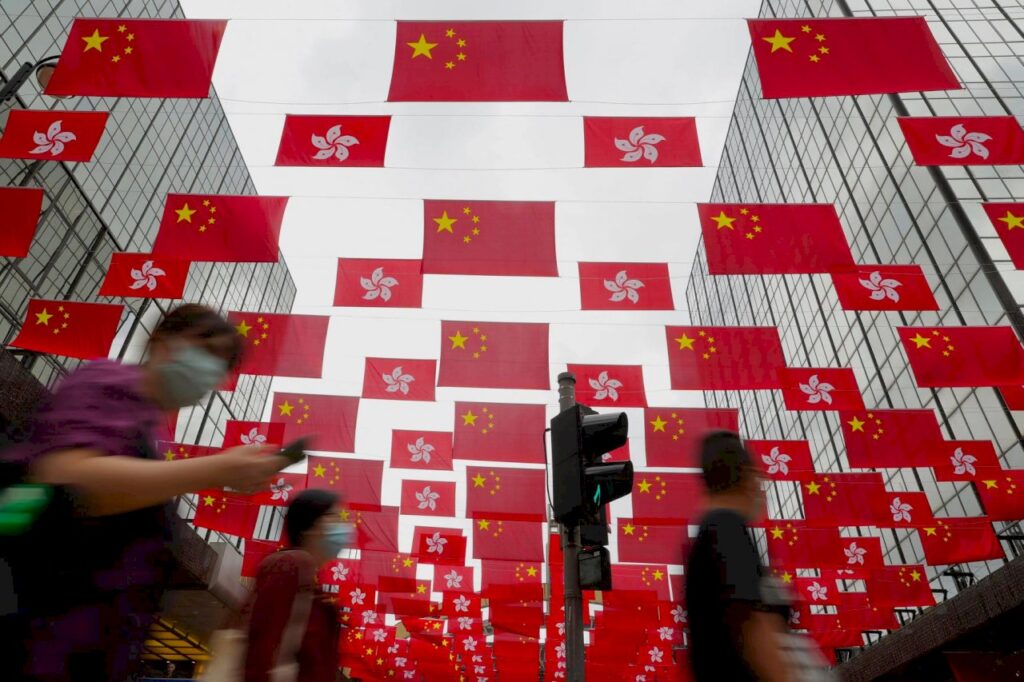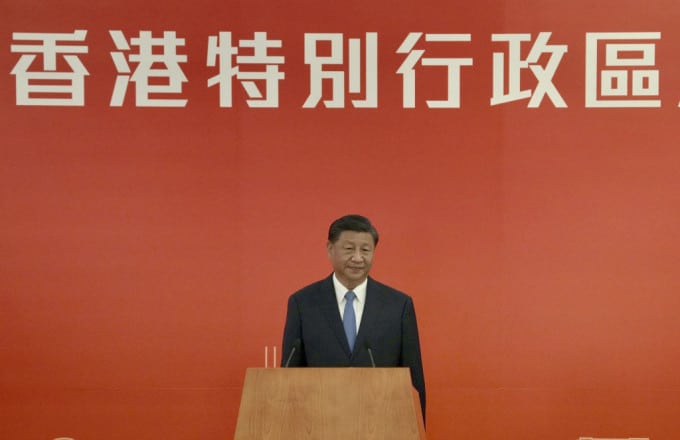The epidemic hit Hong Kong and chaos arose. Citizens are frantically grabbing masks, food, and daily necessities, and the panic of the masses reflects the gap in public safety. The medical strike and material shortages have severely hampered public services. The storm over the proposed amendments has drained public confidence, and the government has requisitioned quarantine centers and isolation camps. Low acceptance cannot overcome the resistance of the NIMBY effect. Comments pointed out that Hong Kong is showing signs of a "failed state", which looks like Russia under the ruble crisis or Venezuela with its economic collapse.
"Failed state" is sensational
The concept of a failed state has been around for a long time, and has attracted attention again in recent years. It stems from the emergence of members of the international community whose survival is in doubt, and then becomes a potential global security threat. The U.S. Peace Foundation and the OECD compile the "Fragile State Index" and the "Fragile State Report" respectively, covering social cohesion, political stability, economic development, environmental protection and human security. The places with the weakest global governance capabilities are Yemen, South Sudan, Somalia, Syria, etc., all of which are plagued by repeated civil wars, government collapse, or economic deprivation.
But it would be outrageous to regard Hong Kong as the same thing as the above-mentioned places. While global terrorism is spreading, Hong Kong is still able to remain calm and is not troubled by the refugee crisis. The reform of the Old Age Living Allowance at the beginning of the year increased the amount and the number of beneficiaries, which is close to universal withdrawal of insurance (Professor Zhou Yongxin’s words). Those waiting for public housing can receive cash subsidies to alleviate rent pressure and try to cope with wealth inequality. Hong Kong once again topped the list of global IPO fundraising, with assets under management (AUM) further surpassing regional rivals Tokyo and Singapore.
Democracy restores acceptance
Hong Kong is far from falling into a "failure" situation, but the failure of the political system is right before our eyes. The "Budget" broke away from the principle of living within one's means in Article 107 of the Basic Law. Ten thousand per person was originally the most popular "Budget" during Chen Mopo's tenure. However, a follow-up survey by the Hong Kong Public Research Institute showed that public sentiment was only short-lived and disappeared two days later. Fall to the least satisfactory portion. Even sending money cannot restore acceptance. Hong Kong's governance crisis is facing a stage of "popular stagflation" at any time. It can be expected that there will be almost no political solution in the short term. Even if the government's governance allies can regain a certain degree of citizen empowerment after the Legislative Council election, the accountability team's acceptance will remain low. At best, it will only be able to prolong a weak government that has difficulty in governance.
Democratic Ideas earlier released the One Country, Two Systems Index, asking citizens what they think are the favorable conditions for the continuation of this system. "Maintaining a high degree of autonomy" is still the first choice of citizens. "Maintaining economic prosperity and stability" used to be the second most favorable condition, but for the first time it was surpassed by "further democratization of the political system." Both moderates and non-establishment factions are paying more and more attention to democratization, which is in line with the demands of the anti-extradition movement. Regardless of whether the Hong Kong and Macao Affairs Office and the Liaison Office of the Central People's Government have changed sides, whether it means accountability or a change of course, the Fourth Plenary Session of the Central Committee of the Communist Party of China has already made guiding decisions on Hong Kong policy. It mentioned improving the appointment and removal system of the Chief Executive, and I believe that the promise of universal suffrage has not yet disappeared. The voices of the people of Hong Kong are loud and clear. Only by expanding the democratic component can we regain acceptance and avoid falling into the Tacitus trap where people are disgusted by policies regardless of whether they are good or bad.
Ray Poon
Co-Convenor (Research), Path of Democracy



